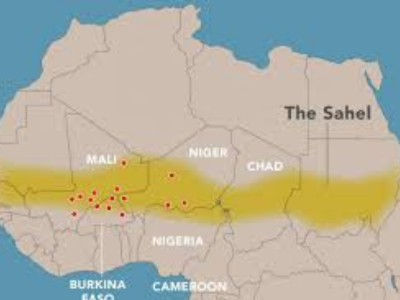Sahel Countries Seek $6 Billion for Massive Irrigation Push
- by Editor
- Sep 17, 2025

Credit:
Nigeria and ten other Sahel countries are pursuing $6 billion in international partnerships to develop irrigation across 1.2 million hectares of farmland, aiming to combat food insecurity, climate challenges, and youth unemployment in the drought-prone region, according to the Food and Agriculture Organization (FAO).
The initiative was unveiled at the two-day National and Subregional Hand-in-Hand Investment Forum in Abuja, where representatives from Burkina Faso, Chad, Cameroon, Gambia, Guinea, Mali, Mauritania, Niger, Nigeria, and Senegal presented five-year plans in collaboration with sub-regional bodies like the Permanent Interstate Committee for Drought Control in the Sahel (CILSS) and the Economic Community of West African States (ECOWAS).
The total projected cost is $8 billion, with $2 billion already pledged by the nations themselves, leaving the $6 billion gap to be filled through private and public investments.
FAO Sub-regional Coordinator for West Africa and Representative for Senegal, Mrs. Bintia Stephen-Tchicaya, described the forum as a "strategic platform" to convert regional priorities into concrete actions under the Hand-in-Hand Initiative. She highlighted irrigation's role as a "strategic enabler" that boosts productivity, fosters climate resilience, and empowers communities, particularly in addressing interconnected issues like water scarcity and land degradation.
The plans also incorporate market linkages and value chain enhancements to ensure sustainable outlets for irrigated produce, with the forum facilitating matchmaking between governments and investors to mobilize funds and tackle malnutrition—affecting nearly one in five Africans, or 307 million people, in 2024.
FAO Representative in Nigeria and to ECOWAS, Dr. Hussein Gadain, outlined three key pillars: sustainable land and water management, transformation of agri-food systems, and bolstering research and innovation. He urged governments to prioritize agriculture in national agendas, calling on leaders to "simplify political processes for investors and ensure... an enabling environment for climate-smart, inclusive businesses."













0 Comment(s)